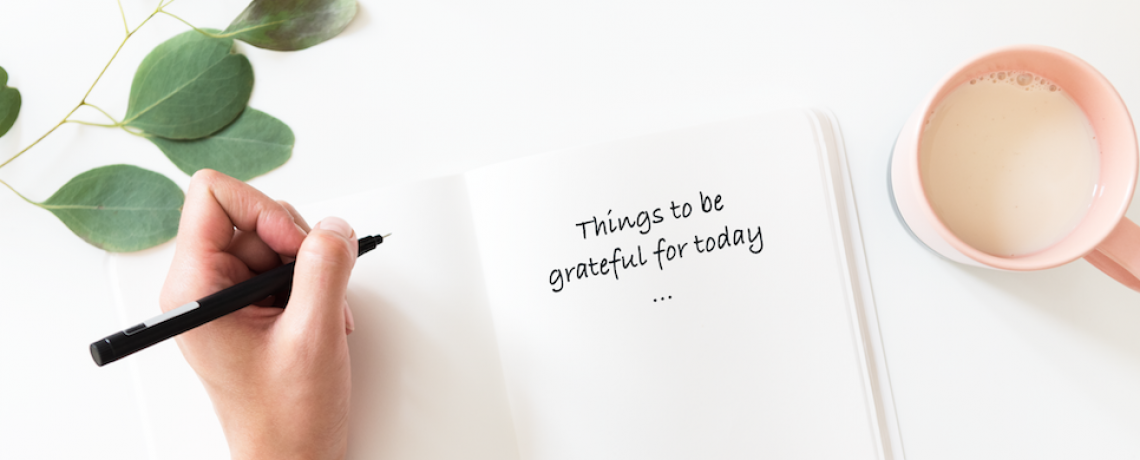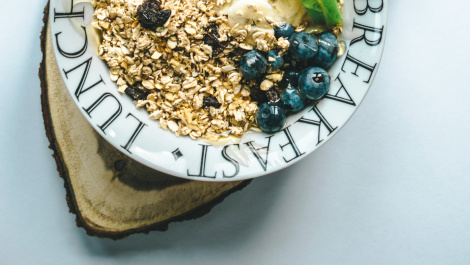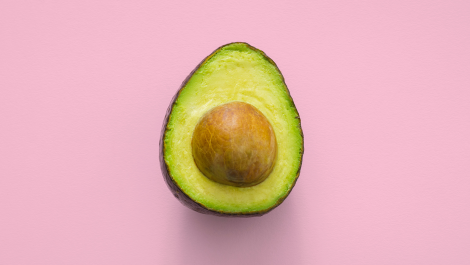With the world in flux and the news referring to the ‘new normal’, it’s easy to lose sight of the good stuff. The small things that bring us back to ourselves and remind us that life isn’t always all doom and gloom. While coming to grips with our reality is important, so is finding easy mechanisms to boost morale and protect your health.
“Look on the bright side…” is normally a lead in to some form of ineffective comfort in times of crisis or despair. But looking for the good isn’t just an idle suggestion. Current neuroscience proves that showing gratitude forces us to be more positive, giving us the power to change the way we feel. According to UCLA’s Mindfulness Awareness Research Centre, by regularly expressing gratitude for the good things, we can literally change the molecular structure of our brains.
Forming new neuropathways with regular practise
In science, ‘Hebb’s Law’ states that ‘neurons that fire together, wire together’. In other words, the more times a certain neural pathway is activated (neurons firing together), the less effort it takes to stimulate the pathway the next time (neurons wiring together). So by practising gratitude as often as possible, we train our brains to look for what’s going right before looking for the negative.
Pessimists and the ‘glass half empty’ gang are like that because they’ve unknowingly trained their brains to think negative thoughts.
Robert Emmons, the world’s leading scientific expert on gratitude, talks about gratitude having two components:
- Affirmation that, as a whole, there is some goodness in life
- Recognition of the fact that the source of this goodness is dependent on other people or things, (or higher powers).
Your internal antidepressant and more
Gratitude can be a natural antidepressant, releasing serotonin and dopamine with each session. These are our bodies’ happy chemicals, so the more of them floating around, the happier/ more content we feel.
Other benefits that people who practice gratitude consistently report, including:
- stronger immune systems,
- lower blood pressure,
- better sleep,
- less aches and pains and
- prone to exercise more and take better care of their health

In general, people who actively practise gratitude are more helpful, generous and compassionate, more forgiving, more outgoing and feel less lonely and isolated. The serotonin/ dopamine boost allows for a gradual and consistent improvement in mood over time – more joy, pleasure, optimism and happiness.
Gratitude isn’t just about the present
People feel and express gratitude in many ways. We could apply it to the past by thinking of happy, positive memories and being thankful for those past blessings. Or the present, by not taking good fortune for granted; and the future, buy maintaining a hopeful and optimistic attitude.
Obviously all easier said than done, but…
Here are some ways to cultivate gratitude
- Keep a gratitude journal and list 3 things you are grateful for every day (do it mentally if you want). It will help guard against taking things for granted, as well as learning to be grateful for the seemingly insignificant (read Liz’s blog on appreciating the little things here)
- Meditate! Mindful meditation (link) involves focussing on the present moment without judgment. People normally focus internally on a words or things they wish for – like ‘Peace’. Use the time to actively focus on the things you are grateful for in the now.
- Tell your spouse, friend or child something you appreciate about them every day.
- Thank someone mentally – think of someone who has done something nice for you and thank them for it. Better yet, give them a call!
- Look in the mirror when you’re brushing your teeth and think about something you have done well recently or something you like about yourself.
- Pray. This is a fairly common expression of gratitude that also helps many stay optimistic and faithful in the possibility of change for the better.
Practicing gratitude seems to start a self-perpetuating cycle in your brain – the more good you see in your life, the happier you’re likelier to be. So start today… get that gratitude journal, call your friend and stay on the lookout for flowers in concrete!







Comments